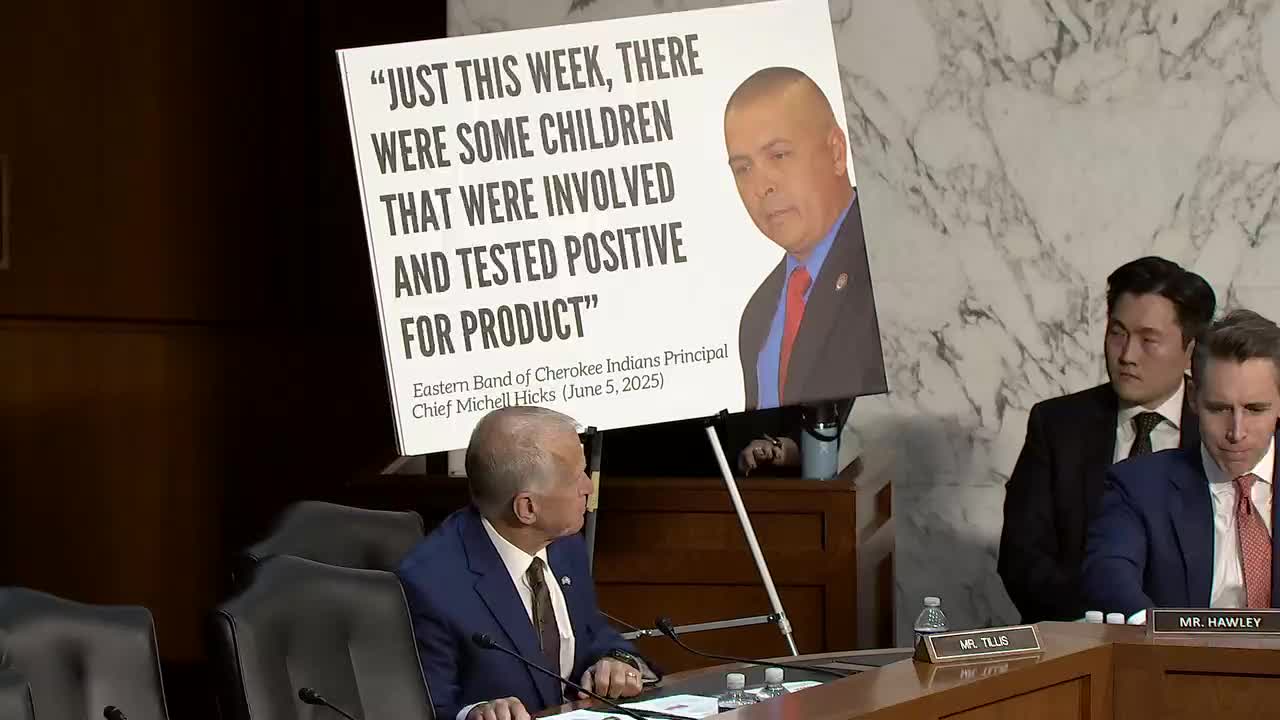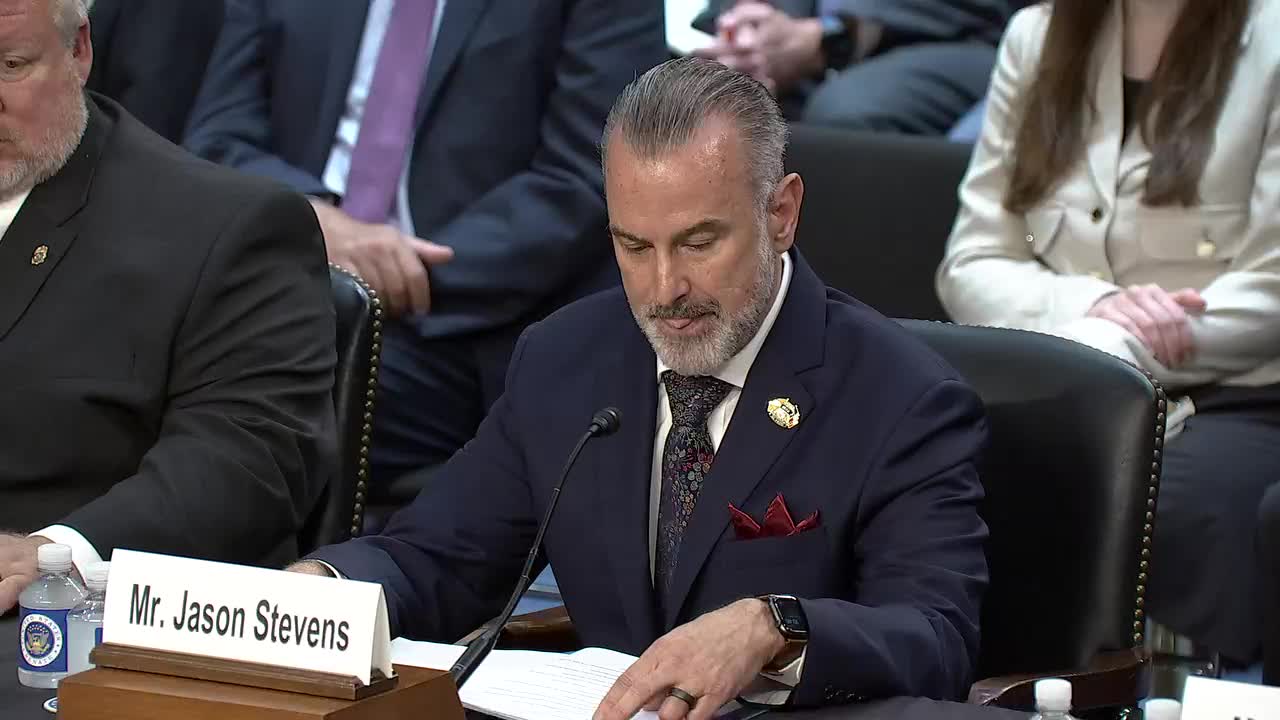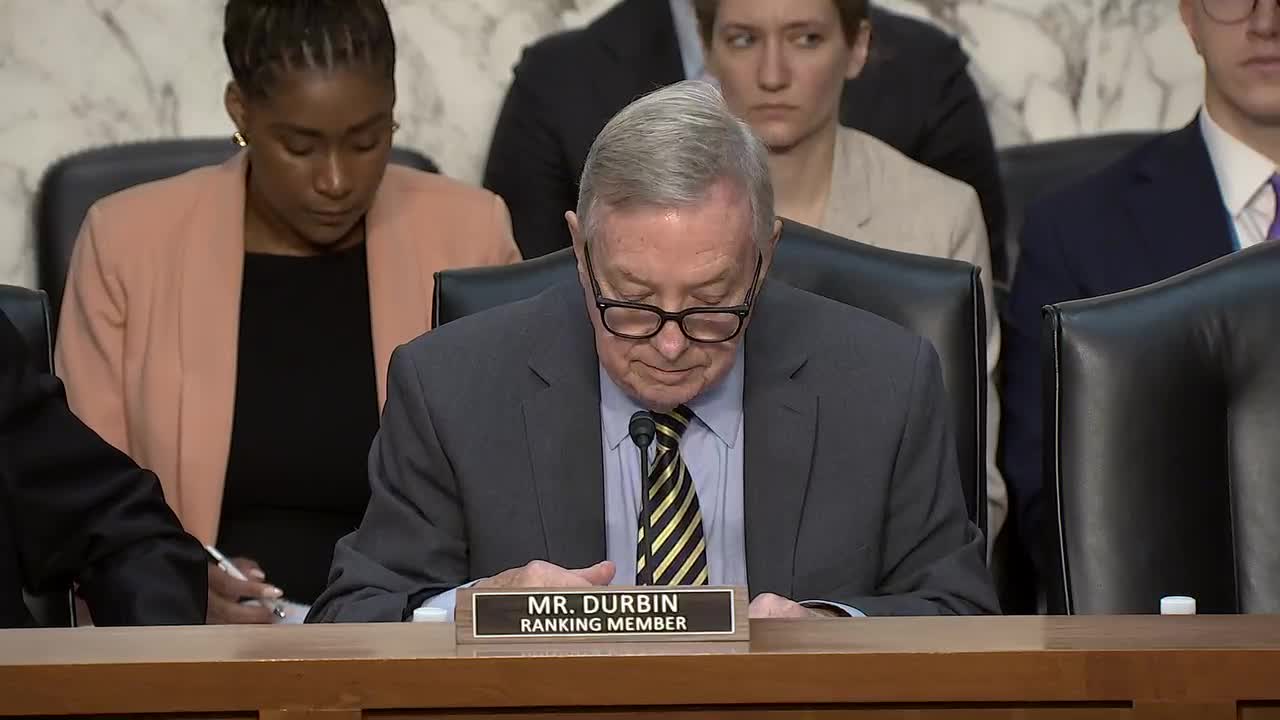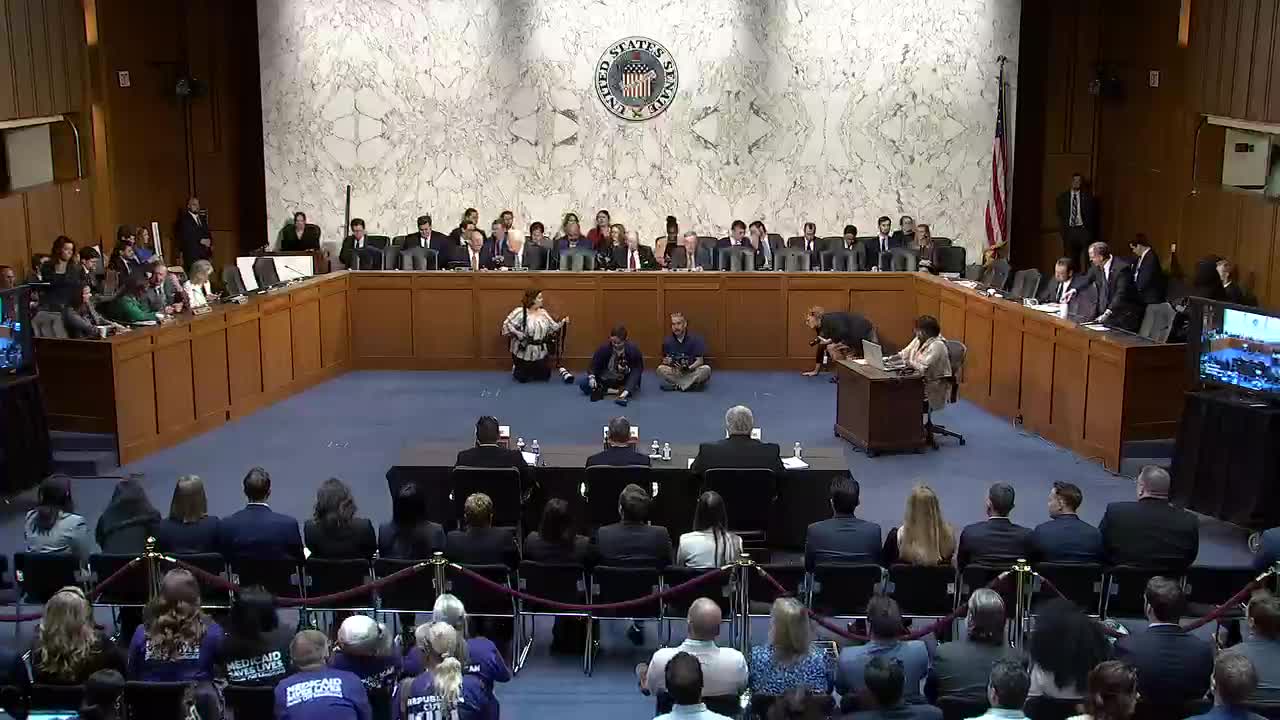Article not found
This article is no longer available. But don't worry—we've gathered other articles that discuss the same topic.

Senators press law enforcement on social media's role in fentanyl sales and recruitment; call for platform accountability

DEA, HSI and FBI urge stronger focus on fentanyl supply chain, precursors and international money flows

Senators and federal agents say U.S. guns are arming Mexican cartels; call for supply‑side action

